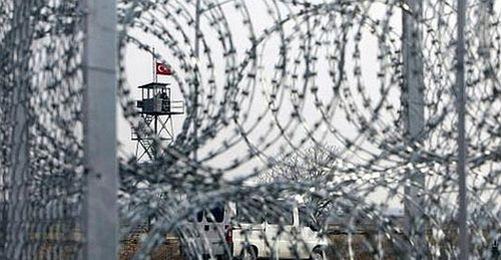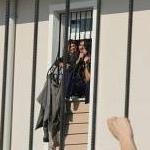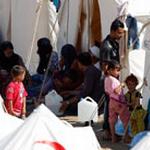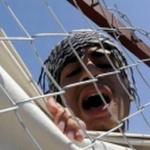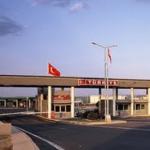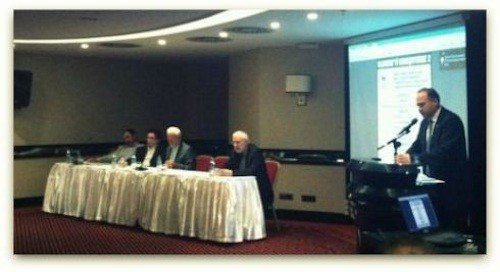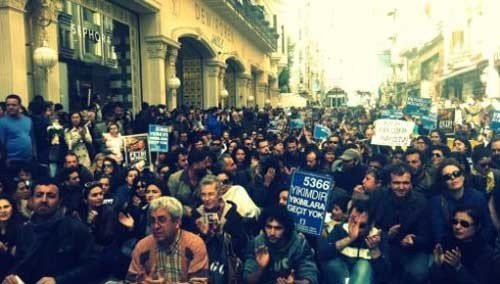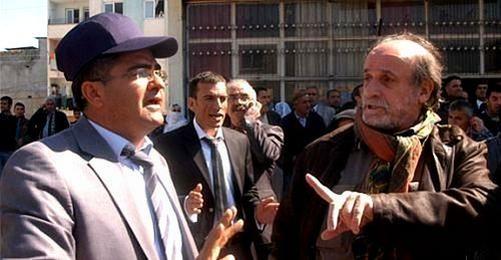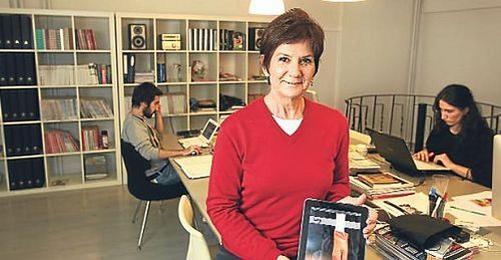The European Union (EU) declined the plan of Greece to put up a 13 km fence between Greece and Turkey in the region of Meriç (north-western Turkey) in order to prevent entry of immigrants. The EU found the fence "unnecessary".
Michele Cercone, spokesperson of EU Commissioner for Home Affairs Cecilie Malmström, announced that no money was going to be allocated to the construction of the fence. Greece had applied to the EU for joint financing of the fence but Commissioner Malström's stance on this issue was clear, Cercone stated.
"The commission decided not to meet the demand because it considers the fence unnecessary", Cercone said.
The spokesperson explained that a fence would only provide a temporary solution and reminded that similar demands of other member states were also rejected in the past.
"There is only one way to prevent immigration"
The route through Turkey to Greece is quite frequented by refugees and immigrants from Asia, Africa and the Middle East on their way to enter Europe.
Assoc. Prof Didem Danış assessed the situation for bianet. She pointed out that it was unrealistic to believe that immigration could be prevented by putting up a fence on the border to Greece. "A ditch, a fence or a wall cannot prevent immigration", Danış argued.
She explained that immigration would continue as long as no efforts were being taken to remove the reasons for it. "People do not immigrate for fun but because they have to. If you put up a wall they will jump over it; if you dig a ditch they will fly above. This is not a solution", Danış emphasized.
Symbolic fence
Danış mentioned that in fact a project worth EUR 3.162,5 million was difficult to realize in the middle of an economic crisis. As said by the Greek Minister for Citizen Protection, Christos Papoutsis, the fence carried a symbolic meaning to convey the messag to immigrants that "Greece was not open to everyone as a free passage to other European Union countries".
Danış summarized the process, "This project has been on the agenda since January 2011 because the number of immigrants entering Greece via Turkey had increased significantly. There were many different reasons for this but the Greek Government showed Turkey responsible for this development and claimed that Turkey did 'not protect their border'".
"They invited Frontex, the EU agency for border security. (...) They tried to prevent immigration with the operation 'Poseidon'. It was tragic-comic to give the name of the Greek god of the sea to such an operation".
"The aim was to restrict the number of immigrants entering the EU via Greece. At the same time, Greece fell into its economic crisis and, as usual, the immigrants were declared scapegoats in the first place. As if the immigrants were the reason for the impoverishment... That way, the issue was supported by the public".
People traffickers gain
The initial project to build a wall was launched in 2011but the budget was cut due to the economic crisis and thus the project changed shape. The Greek government announced not to build a wall but to dig a ditch instead. In the end, the idea of a fence developed.
According to Danış, neither the methods of the military nor of security forces would benefit from a fence.
"Why did the number of immigrants entering Greece via Turkey increase that dramatically? Because policies in Iran changed. There is war in Afghanistan and a significant group of people from Afghanistan lived in Iran as refugees. Iran said, 'I do not want Afghan men in my country any more'. But none of the Afghans wanted to go back to Afghanistan. Those who had the opportunity tried to reach Europe via Turkey", Danış explained.
"Why are these people immigrating? Because there is war in their country and the neighbouring countries do not want them anymore. So they try to go to other countries that are more secure. It is as plain as that".
In Danış's opinion, these measures do nothing else but making immigration more expensive, more deadly and much more dangerous for the people's life. Immigration will continue and these measures will only be in the interest of people traffickers, Danış criticized. (IC/VK)





